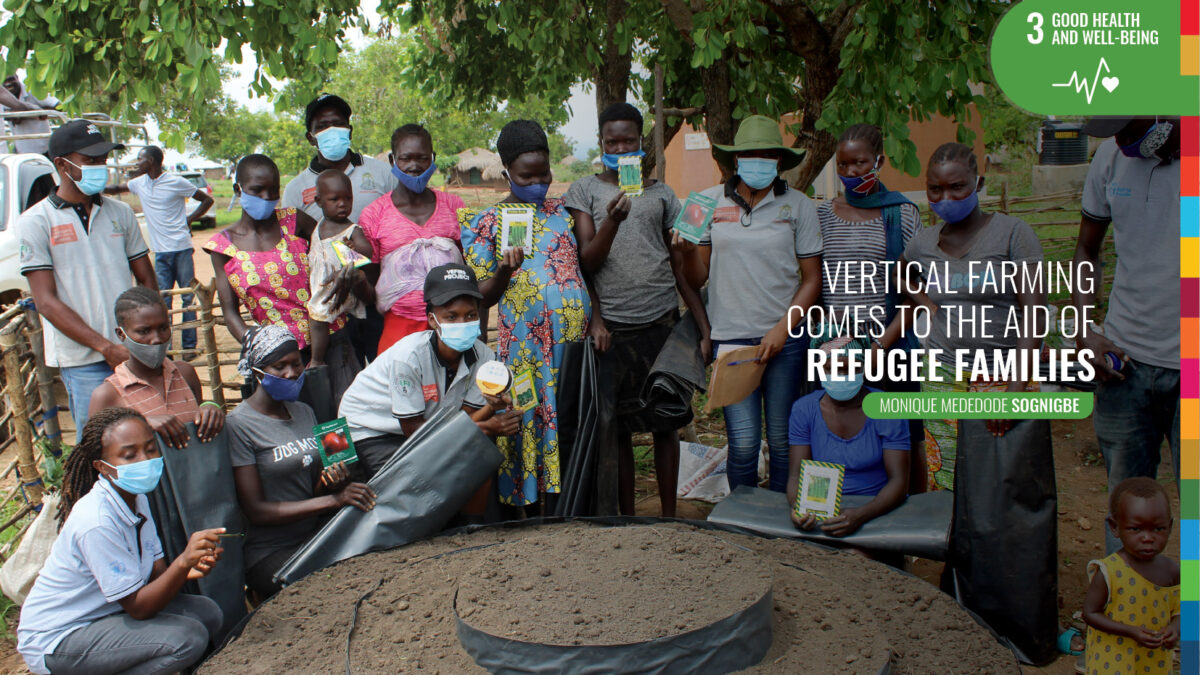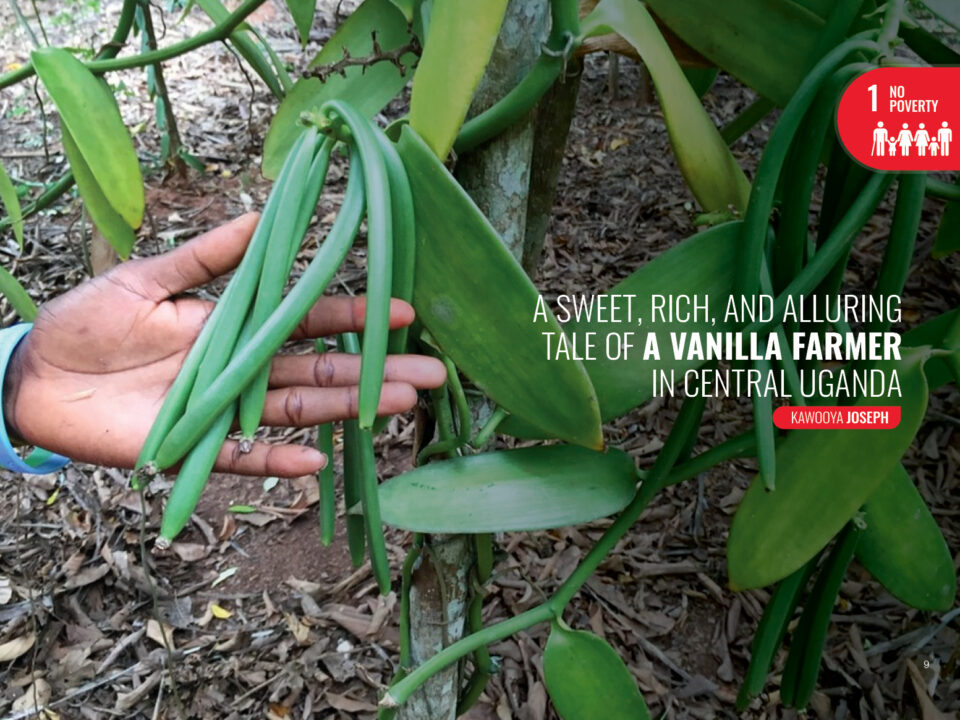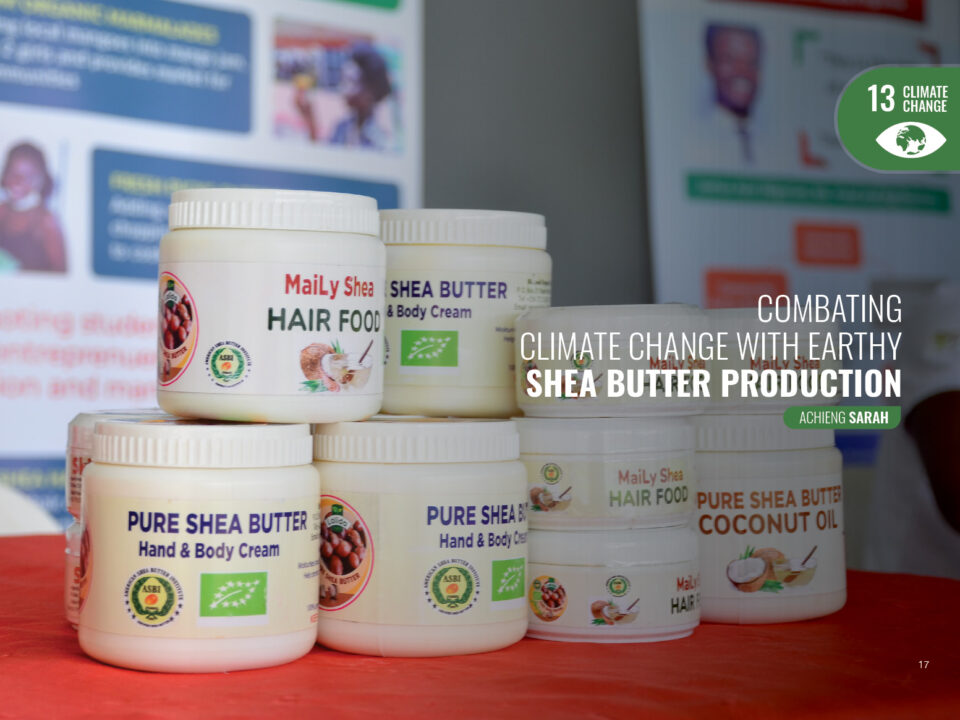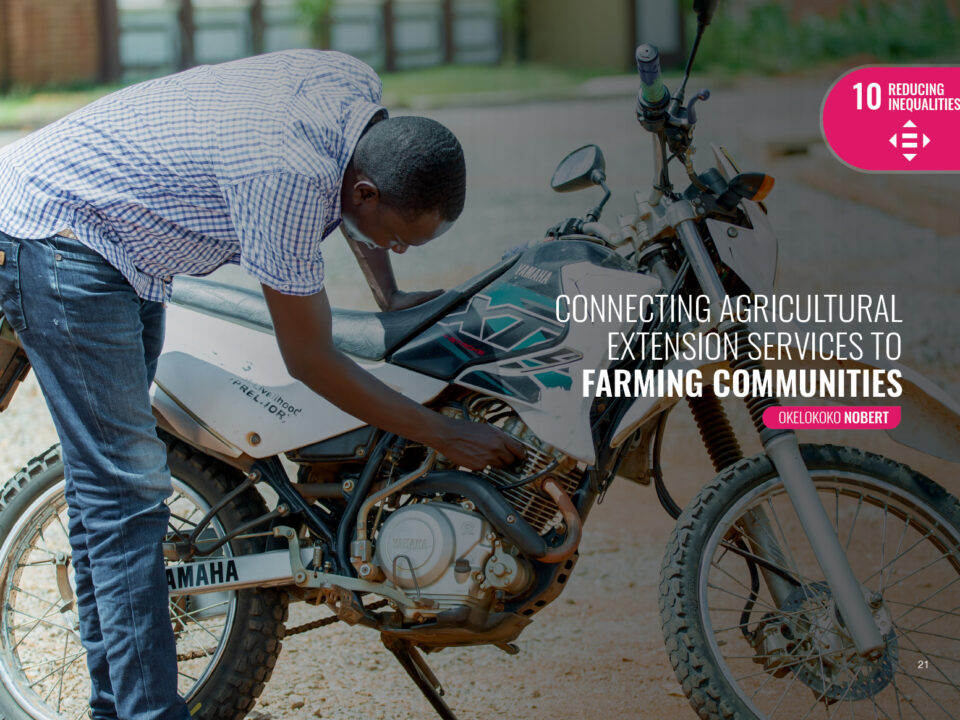Vertical Farming Comes to the Aid of Refugee Families
Monique Mededode Sognigbe and colleagues set out to teach the community about sustainable farming at the Imvepi refugee settlement in the newly established Terego District in the West Nile region of Uganda’s Northern Region. This was accomplished through the use of vertical farming. Vertical Farming in Refugee Settings (VEFIRS) – A Tool for Fostering Intergroup Relations and Social Integration demonstrates that in the last decade, Uganda has seen an influx of refugees from South Sudan, Burundi, and the Democratic Republic of the Congo, raising issues of limited agricultural land.
Nelson Papi Kolliesuah of Liberia, Monique Mededode Sognigbe of Benin, Iyaloo Nghinaalo Sheyavli of Namibia, Marveen Nafula of Uganda, and Aaron Ekipetot Nanok of Kenya worked on the VEFIRS project and would later represent Africa at the Geneva Challenge 2022 on advancing development goals focusing on social inclusion in addressing extreme poverty. The demand for land in refugee settlements continues to rise rapidly, causing tensions between refugees and host communities. As a result, refugees continue to face exclusion from social, economic, and political affairs in the country.
Through a multi-storey vertical farming approach, the VEFIRS project aims to increase the adaptive capacity of refugees and the host community in areas with limited land and rocky soil. The goal of this initiative is to assist refugees in becoming self-sufficient to overcome food scarcity and poverty, both of which are causes of unethical behavior. Sognigbe and her team encouraged the refugees to use vertical farming to skill the youth, provide employment opportunities, and generate income from the extra harvest.
Refugees in settlements are given the freedom to cultivate crops rather than rely solely on government-supplied food rations. They were still confronted with the problem of inaccessible land, which was generally rocky and thus unsuitable for farming. The Team aimed to assist refugees in adopting vertical farming as an effective and efficient solution to the current situation. This technology is a low-cost solution to growing land scarcity and soil infertility. It is also desirable for settlements where the population is rapidly increasing. This technology is available in three forms: stacked growth surfaces, multi-floor towers, and cylindrical growth units.
The plan was to teach the refugees how to scoop soil from elsewhere and build towers over rocky areas so that they could plant vegetables, which they did but were unable to continue. This is because four of the students were international students, and they were concerned about the project’s sustainability if they left. As a result, they collaborated and handed over the project to a Non-Governmental Organization (NGO) called Andre Foods International to ensure its continuity and success.
Sognigbe recalls one challenge they faced along the way. It was difficult because the refugees were hostile to non-governmental organizations. They had the impression that they were being used to obtain funds and thus felt entitled to handouts. They didn’t realize Sognigbe and her colleagues were students with limited funds who wanted to make a positive impact in the community.
As a beneficiary of the TAGDev program, Sognigbe hopes that the program can be expanded to reach more vulnerable youth, particularly women seeking a better future for themselves. She advises young people to begin creating opportunities for themselves so that when bigger opportunities arise, they can leverage their previous engagements’ experience, skills, and knowledge.
She hopes to become a Regional Manager for Africa at her current job within the next five years and to establish a scholar’s training center for vulnerable young women as her life mission.
These Stories are a result of the documentation from the RUFORUM and Mastercard Partnership under the TAGDEV Project, Gulu University: https://ruforum.wordpress.com/category/tagdev-project/.




